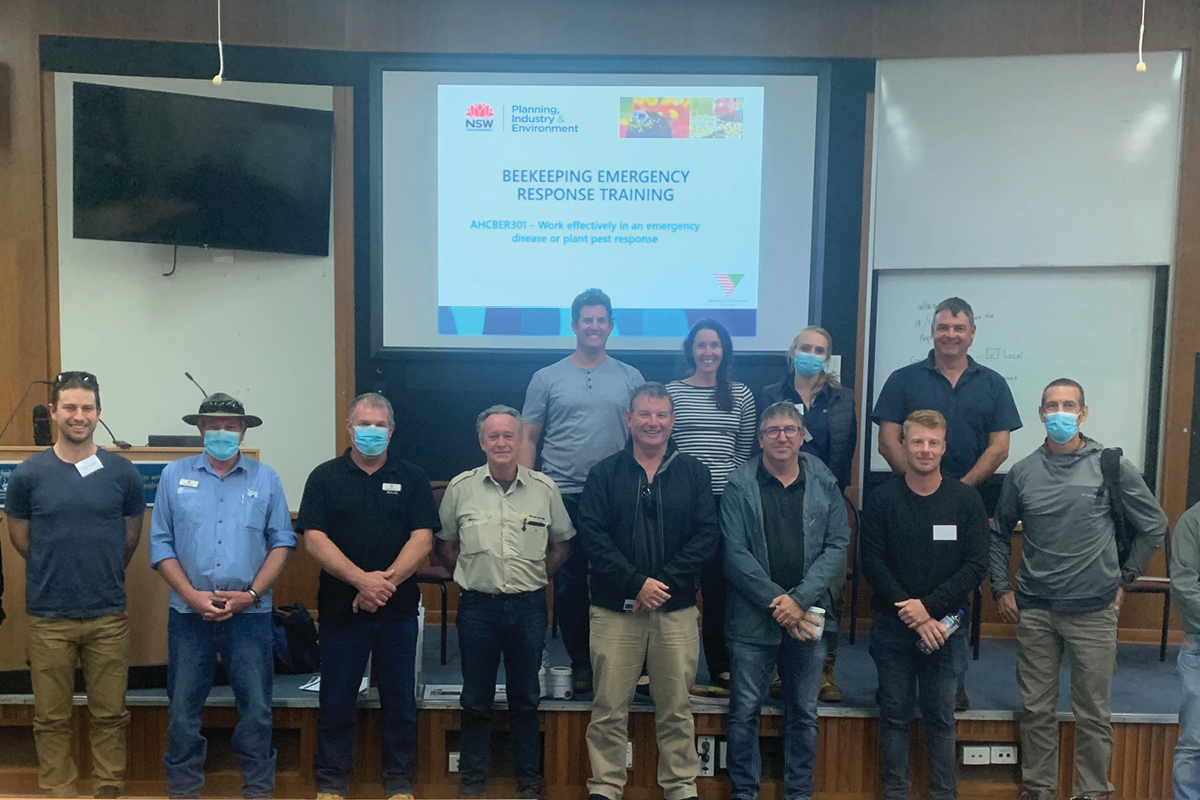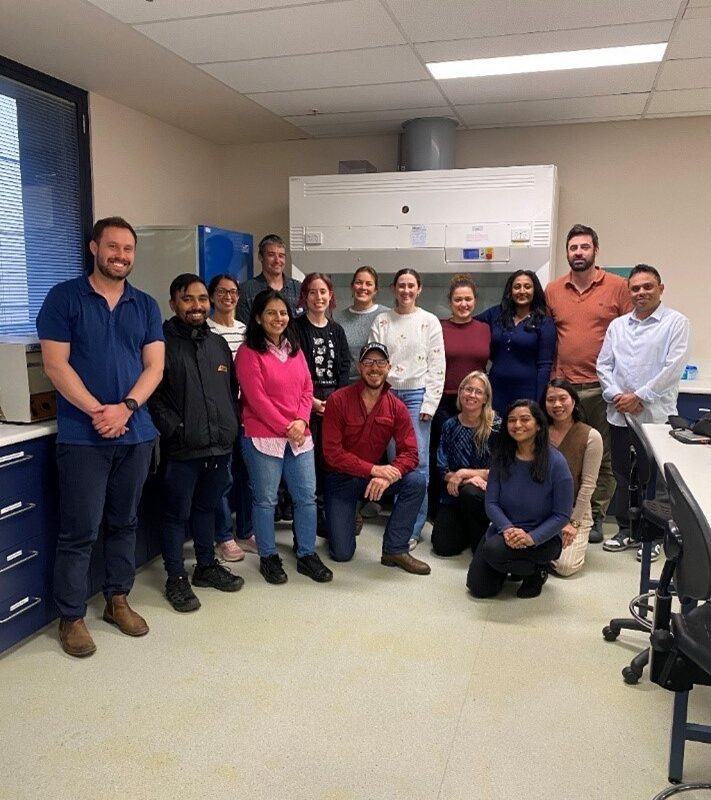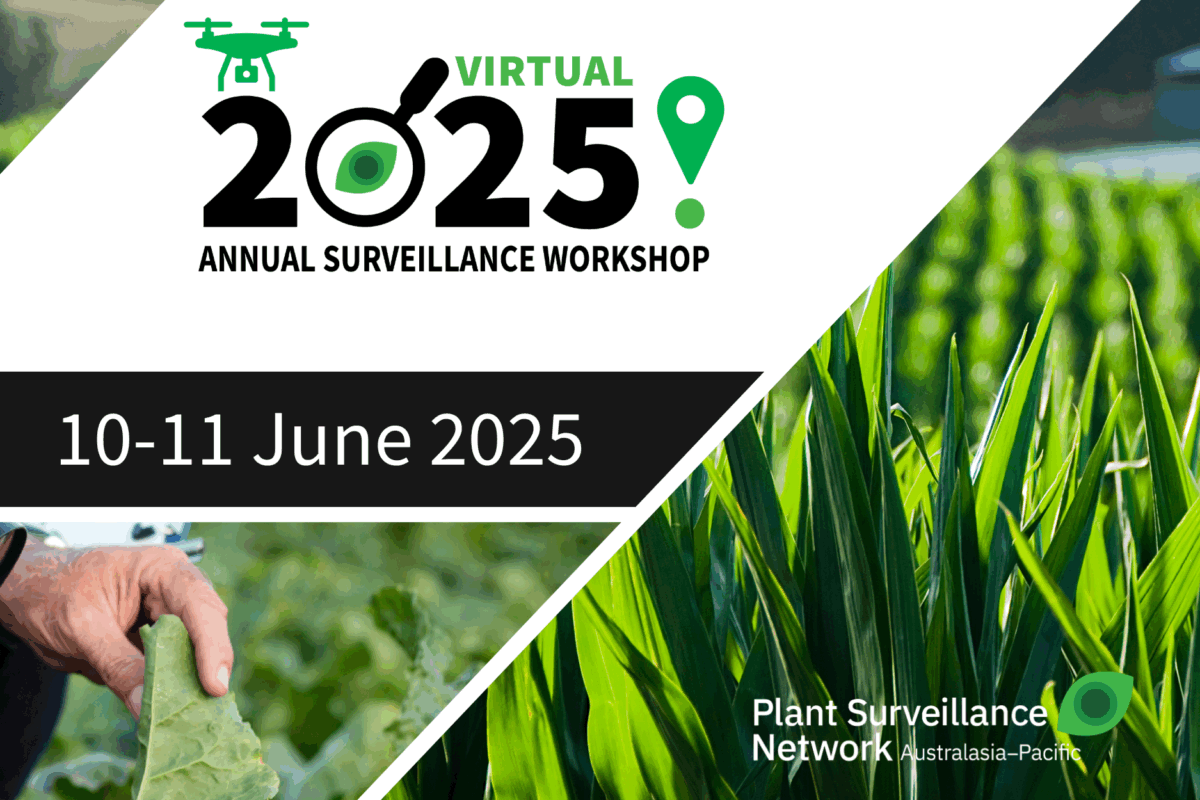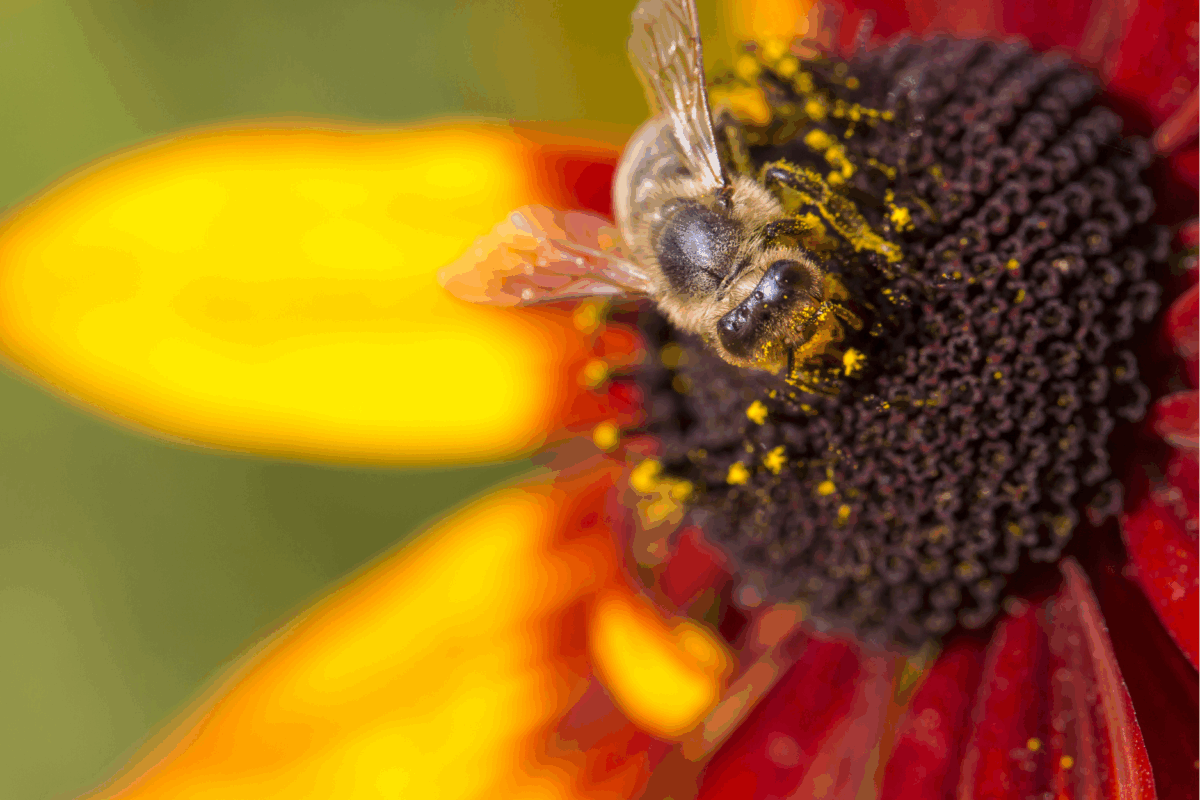Bee biosecurity update from Western Australia
WA has enjoyed a fantastic season from January to June 2022, with many commercial and recreational beekeepers gleefully complaining there has been ‘too much honey’. Winter came as a welcome relief to many apiarists who were able to catch up on offseason jobs.
The first half of 2022 has been a busy year for the Department of Primary Industries and Regional Development (DPIRD), Western Australia apiculture team. Senior Apicultural Officer James Sheehan and Bee Biosecurity Officer Jessica Bikaun have been active by delivering training, developing biosecurity resources, inspecting apiaries, conducting port surveillance and overseeing honey bee exports to Canada and Asia.
Inaugural Beekeeper Emergency Response training
Exotic bee pests have been on the minds of many WA beekeepers after a recent incursion of Red dwarf honey bees (Apis florea) that were carrying a Euvarroa sinhai mite. Fortunately, a rapid response from DPRID saw the colony quickly destroyed and extensive surveillance carried out. However, this incursion reaffirmed the beekeeping industry’s need to build capacity for surveillance and emergency preparedness. After all, it is not a matter of if, but when Varroa will arrive.
In the event of a varroa mite incursion in WA, every beekeeper, regardless of whether they manage one or 100 hives, will have an important role to play. For some this will mean increased surveillance activities using the sugar shake, drone uncapping, or alcohol wash techniques. However, to effectively deliver a government response, we will need beekeepers skilled in biosecurity emergency protocols.
To address this critical need, DPIRD coordinated WA’s inaugural Beekeeper Emergency Response Training (BERT) in early May. Delivered by the New South Wales Department of Primary Industries officers, Tocal College trainers Mark Page and Rod Bourke, a group of WA beekeepers were trained in the nationally accredited competency ‘Work effectively in a biosecurity response’. This exercise was an excellent example of industry funds at work, with the training largely funded and supported by the Agricultural Produce Commission (APC) Beekeepers Producers’ Committee.
The BERT course focused primarily on exotic mites such as Varroa, with beekeepers learning to use acaracides and sticky mats for surveillance and how to perform decontamination procedures when working at infected apiaries. However, BERT-competent beekeepers may also be called upon in WA during other bee pest incursions, such as European foulbrood and Small hive beetle.
To boost bee emergency preparedness, Bert will continue to delivered in WA.
To express interest and join a waitlist for future training, WA beekeepers can email PBhoney@dpird.wa.gov.au. Similar training is available in other states and territories – so if you are interested in playing an active role during a bee biosecurity emergency, chat with your local Bee Biosecurity Officer about training opportunities.






